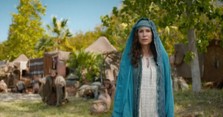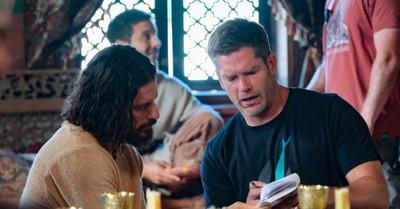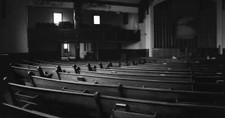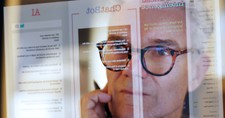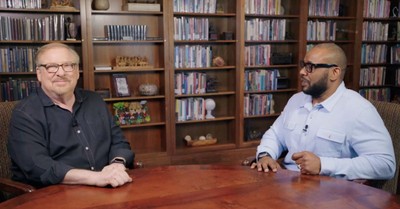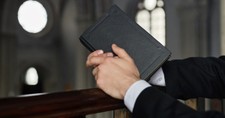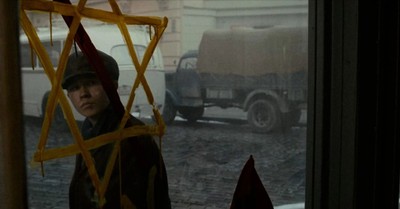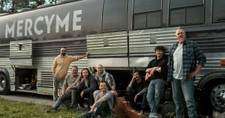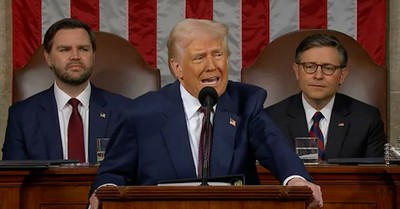
Trending Articles
Recent News
Former Nickelodeon Animator Launches Faith-Driven Studio to Bring God’s Light to Kids 4 in 10 Christians Say AI Has Helped Them with Bible Study, Prayer We Want to Believe New Prayer App Encourages Christians to Take Time to Pray on Weekdays 2,800-Year-Old Seal from Era of Biblical Kings Unearthed in Israel America Has a ‘Hunger’ for Bible Stories on TV, Says ‘The Faithful’ Showrunner Sabbath Rest Offers Relief in a World That Never Logs Off Should Christians Believe in Dinosaurs? Is This Belief Consistent with Scripture? Rwanda’s Massive Church Closures Spark Debate Over What Truly Qualifies a Pastor The Reality of Identity Liberty Students Leave Behind Phones to Go Deeper with the Lord ‘The Optimist’ Confronts Rising Antisemitism and Holocaust Skepticism, Producer Says
Trending Articles
Recent News
Former Nickelodeon Animator Launches Faith-Driven Studio to Bring God’s Light to Kids 4 in 10 Christians Say AI Has Helped Them with Bible Study, Prayer We Want to Believe New Prayer App Encourages Christians to Take Time to Pray on Weekdays 2,800-Year-Old Seal from Era of Biblical Kings Unearthed in Israel America Has a ‘Hunger’ for Bible Stories on TV, Says ‘The Faithful’ Showrunner Sabbath Rest Offers Relief in a World That Never Logs Off Should Christians Believe in Dinosaurs? Is This Belief Consistent with Scripture?
Positive Stories
Celebrity
Video
Opinion
Church
Entertainment
Sports
Movies
Politics
Israel
Christian News Headlines - Breaking and Trending Religion News
Crosswalk Headlines - Christian news brought to you by a group of Christian writers and editors who are dedicated to creating a well-rounded look at what’s happening across the globe from a Christian worldview. Our vision is to inform and inspire productive discussion about the current events and online trends that shape our lives, our churches and our world.Crosswalk Headlines includes blog posts about current events and Christian media, breaking news, feature articles, and guest commentaries, many written by respected Christian thinkers.




